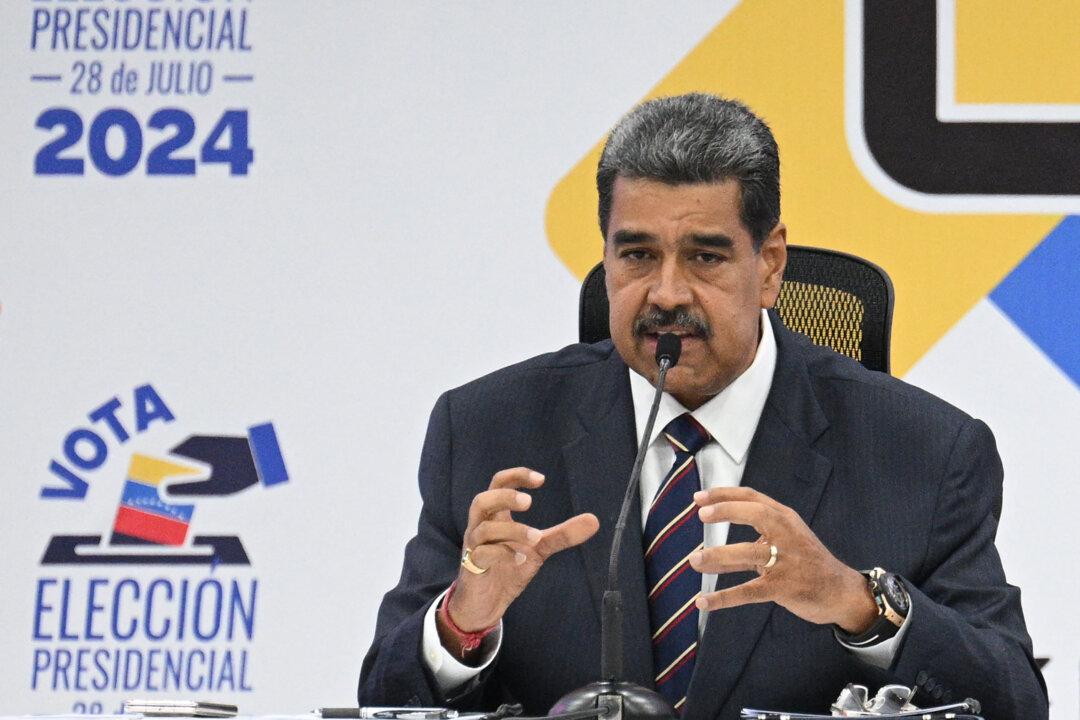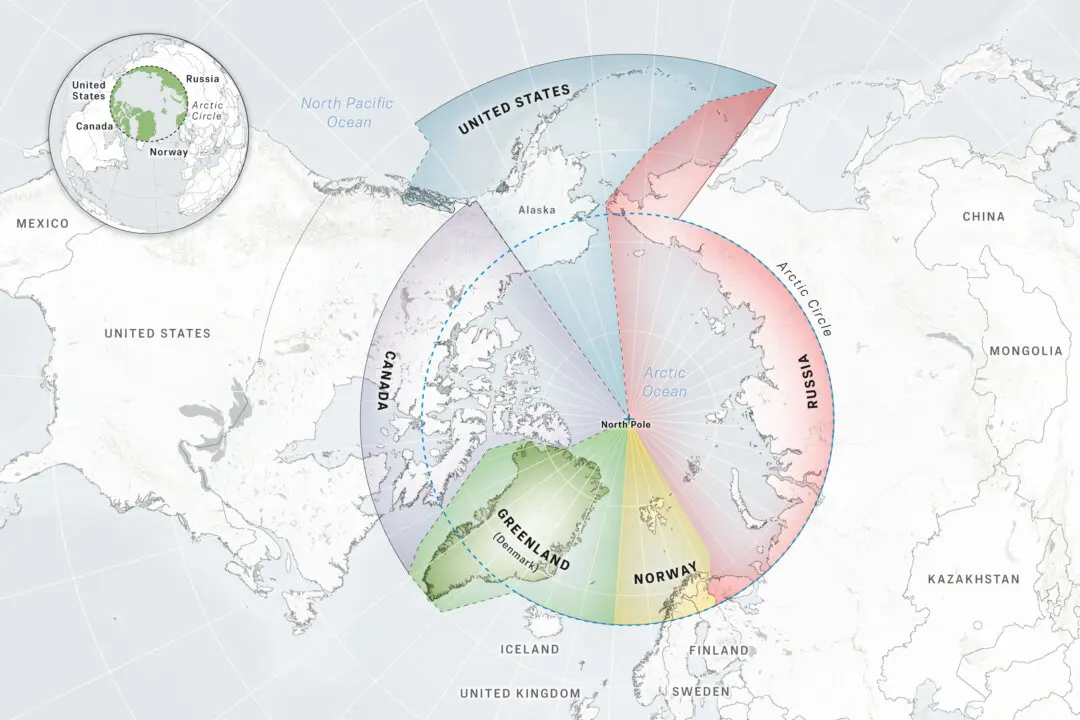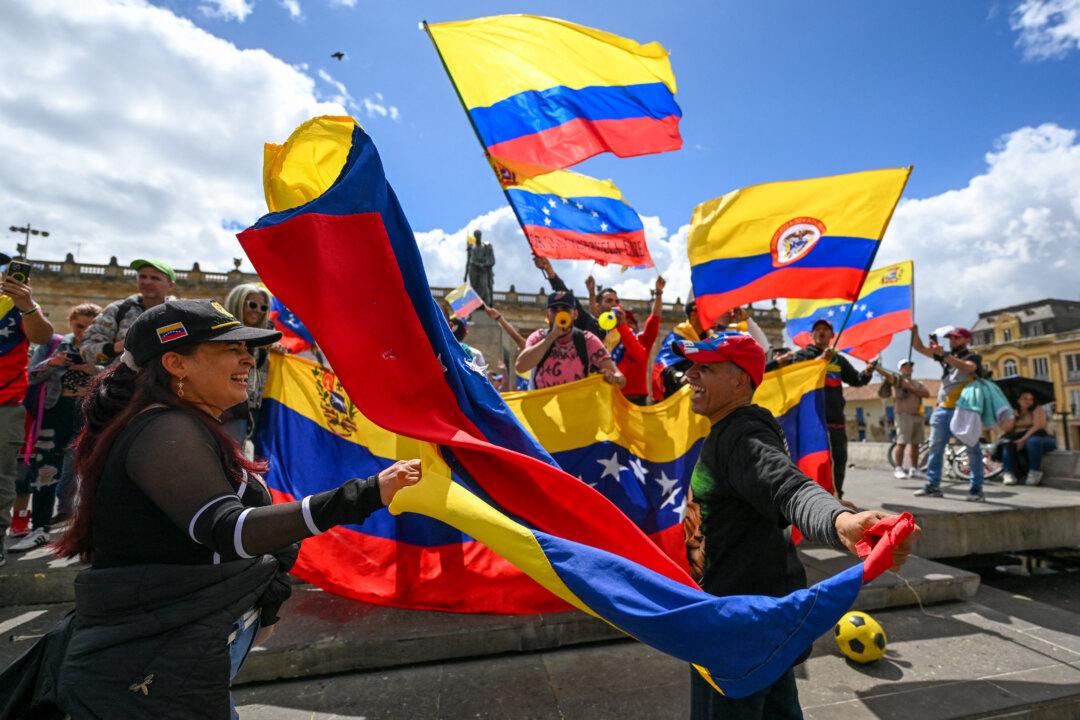President Nicolas Maduro threatened Venezuela’s protesters and the international community on July 31, following five days of widespread civilian demonstrations that resulted in multiple police clashes, hundreds of arrests, and reports of 16 deaths.
During a stern televised address, Maduro mentioned revolution and threatened the United States.





